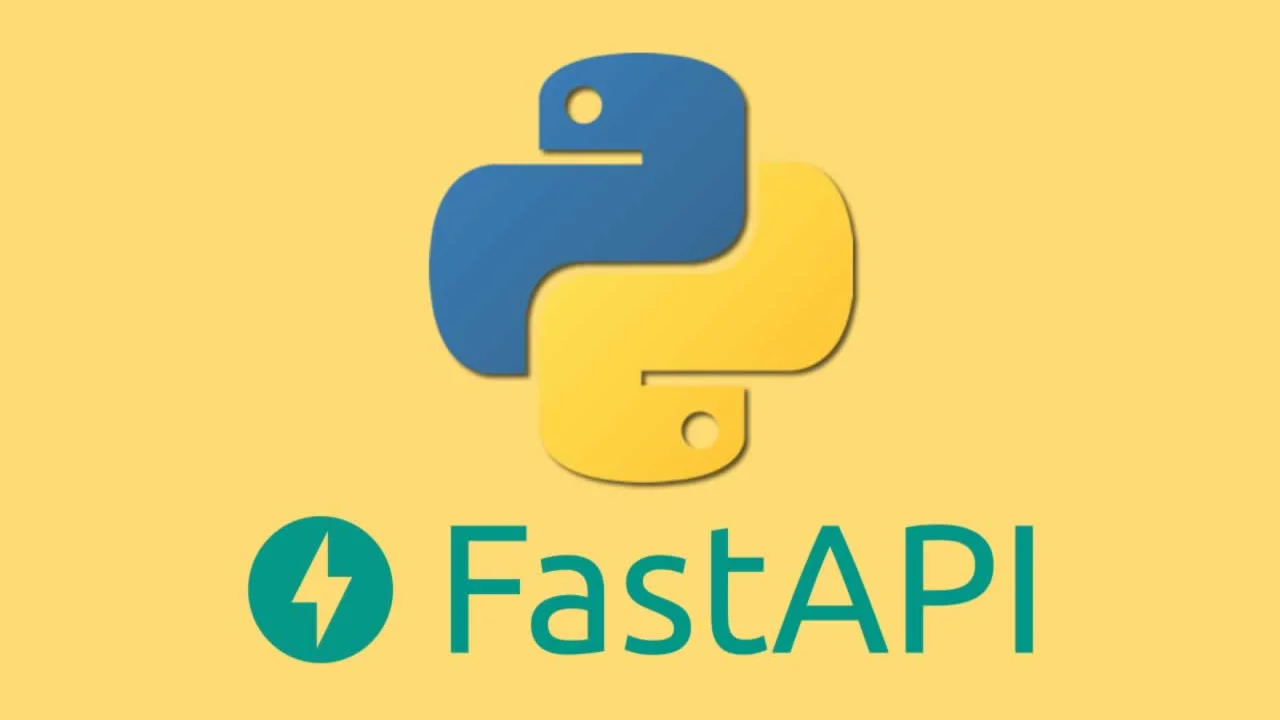FastAPI is a Python framework rapidly gaining popularity for building high-performance APIs. Its simplicity, speed, and built-in features make it ideal for creating various web services, including a simple calculator! Let’s explore how to leverage FastAPI to construct a basic calculator API.
Why FastAPI for a Calculator?
While a basic calculator can be built with simpler tools, FastAPI offers several advantages:
- Structured Approach: FastAPI enforces a clean and well-defined structure for your code, making it easier to maintain and scale in the future.
- Automatic Documentation: FastAPI automatically generates interactive API documentation, allowing users to easily understand how to interact with your calculator API.
- Potential for Expansion: The basic calculator can serve as a foundation for building more complex functionalities like unit conversion or mathematical expressions.
Building the FastAPI Calculator:
Here’s a simplified breakdown of how to create a basic calculator API with FastAPI:
- Project Setup: Install FastAPI using
pip install fastapi. Create a Python file (e.g.,calculator.py) and import the necessary libraries. - Define Operations: Create functions for basic arithmetic operations like addition, subtraction, multiplication, and division.
- Endpoints with Path Operations: Use FastAPI’s path operations decorators (
@app.get,@app.post) to define API endpoints for each calculation. These decorators specify the HTTP method (GET, POST) used to access the endpoint. - Parameters and Validation: Define path parameters within the endpoint functions to capture user-provided values for operands. Use FastAPI’s data validation capabilities to ensure users enter valid numbers.
- Return the Result: Within the endpoint function, perform the calculation using the provided operands and return the result as a JSON response.
Here’s a basic example code snippet (for illustrative purposes):
Python
from fastapi import FastAPI
app = FastAPI()
@app.get("/calculate/{operation}/{num1}/{num2}")
async def calculate(operation: str, num1: float, num2: float):
if operation == "add":
return {"result": num1 + num2}
elif operation == "subtract":
return {"result": num1 - num2}
# Add similar logic for multiplication and division with error handling
else:
return {"error": "Invalid operation"}
# Run the application
if __name__ == "__main__":
import uvicorn
uvicorn.run("calculator:app", host="0.0.0.0", port=8000)
Testing and Deployment:
With your FastAPI calculator built, you can use tools like Postman to send requests to the API endpoints and test its functionality. Once satisfied, deploy your application to a cloud platform for wider accessibility.
Beyond the Basics:
This is a simplified example. You can expand on this by:
- Adding support for more complex operations.
- Implementing error handling for invalid user input.
- Utilizing data validation features to ensure numerical values.
FastAPI for Rapid Development:
FastAPI allows you to develop robust and well-structured APIs efficiently. This basic calculator demonstrates its potential for building various web services. With its ease of use and powerful features, FastAPI is an excellent choice for developers venturing into the world of API creation.


